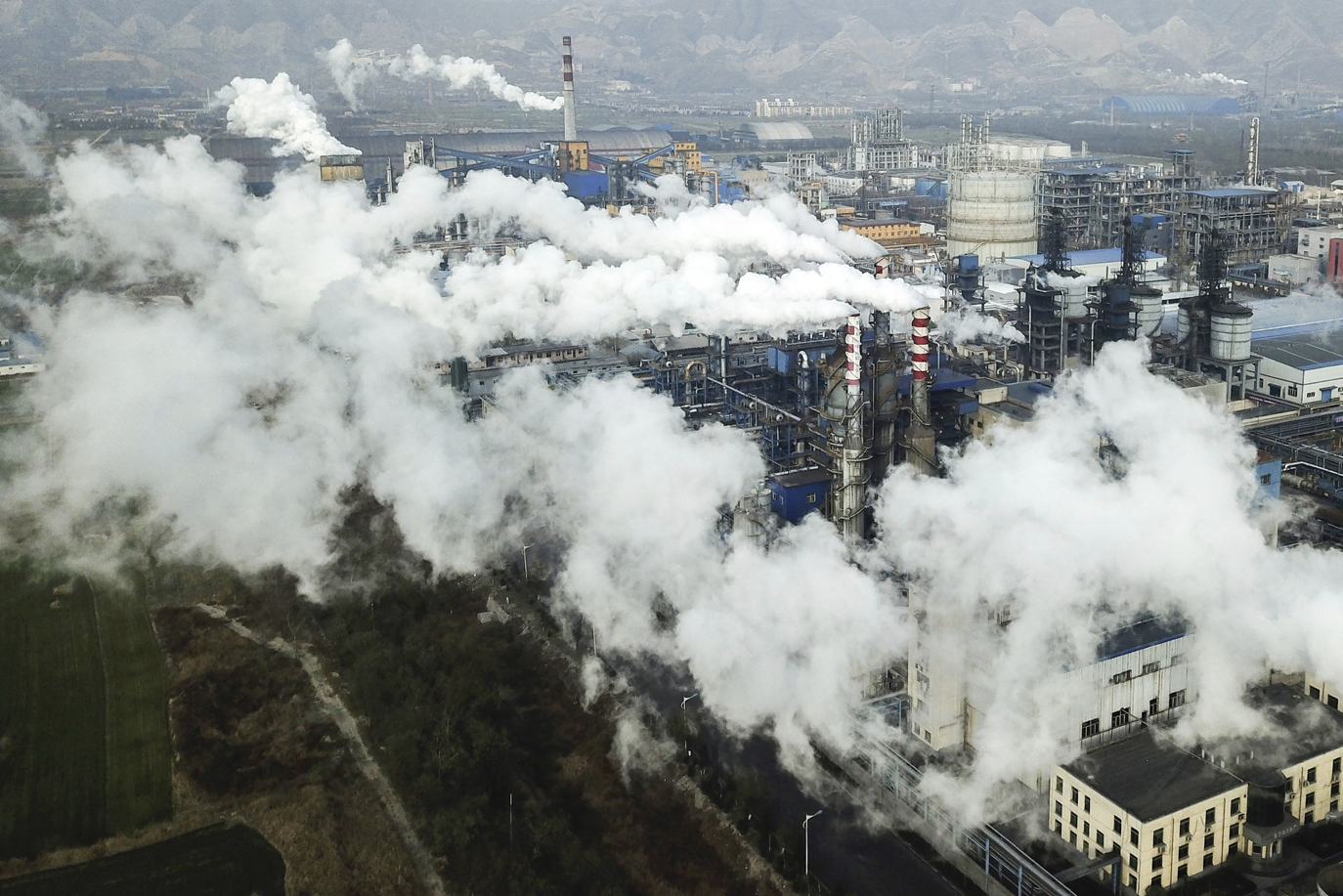China is committed to taking action – as are several dozen other countries – but without the participation of all nations, a ‘catastrophic’ rise in global warming is inevitable
Sunday, 20 December 2020, 9:11:PM
China, producing a quarter of the world’s carbon emissions, has an instrumental role in reducing levels so that global temperatures can be kept in check. President Xi Jinping’s pledge at the recent virtual Climate Ambition Summit to further cut carbon dioxide outflows by “at least” 65 per cent over 2005 amounts by 2030 is obviously a welcome decision.
But one nation alone, no matter how big it is, cannot prevent warming; as the Chinese leader said, effective action requires “uniting and promoting cooperation”. There is still time to reach international goals, although the developed world needs to show greater commitment to help poorer countries meet targets.
United Nations Secretary General Antonio Guterres, whose organisation hosted the gathering to mark the fifth anniversary of the Paris climate change accord, voiced urgency when announcing tougher measures. He called on world leaders to declare a state of climate emergency until carbon neutrality was reached, a move that would occur when emissions were balanced by absorbing an equivalent amount from the atmosphere. Just 38 countries have so far done so.
China is among at least 24 that have made new commitments or announced plans to attain the goal of net zero carbon emissions or carbon neutrality, in September setting a 2060 target date. Its previous aim was to reduce outflows by “up to 65 per cent”. The obligation in mind, Xi announced on Saturday Beijing would increase the use of non-fossil fuels in primary energy consumption to about 25 per cent, raise solar and wind power capacity and boost forest cover in the next decade. These are ambitious plans that can be met only through technology and trillions of dollars of investment.
But as Guterres said, it is only through such commitments that the Paris aim of limiting global temperatures to 1.5 degrees Celsius above pre-industrial levels can be achieved. They are already 1.2 degrees higher and without a dramatic change, the world could be headed for what he called “a catastrophic rise of more than 3 degrees” this century.
The impact of the Covid-19 pandemic in curbing industrial growth and travel has helped, studies showing carbon emissions dropping by 7 per cent on 2019 levels. But China, being the first major economy to recover, needs to carefully manage emissions, especially from the coal-fired power plants that account for about 58 per cent of energy consumption.
Help safeguard journalism
Credible news is more vital than ever. Your support helps us protect quality journalism.
Balancing energy needs and green goals is challenging, but China has taken a leading role. The US’ rejoining the fight, as president-elect Joe Biden has promised, will be a major boost, but developing countries also have an important role in helping poorer counterparts. The summit has to serve as a timely warning.




